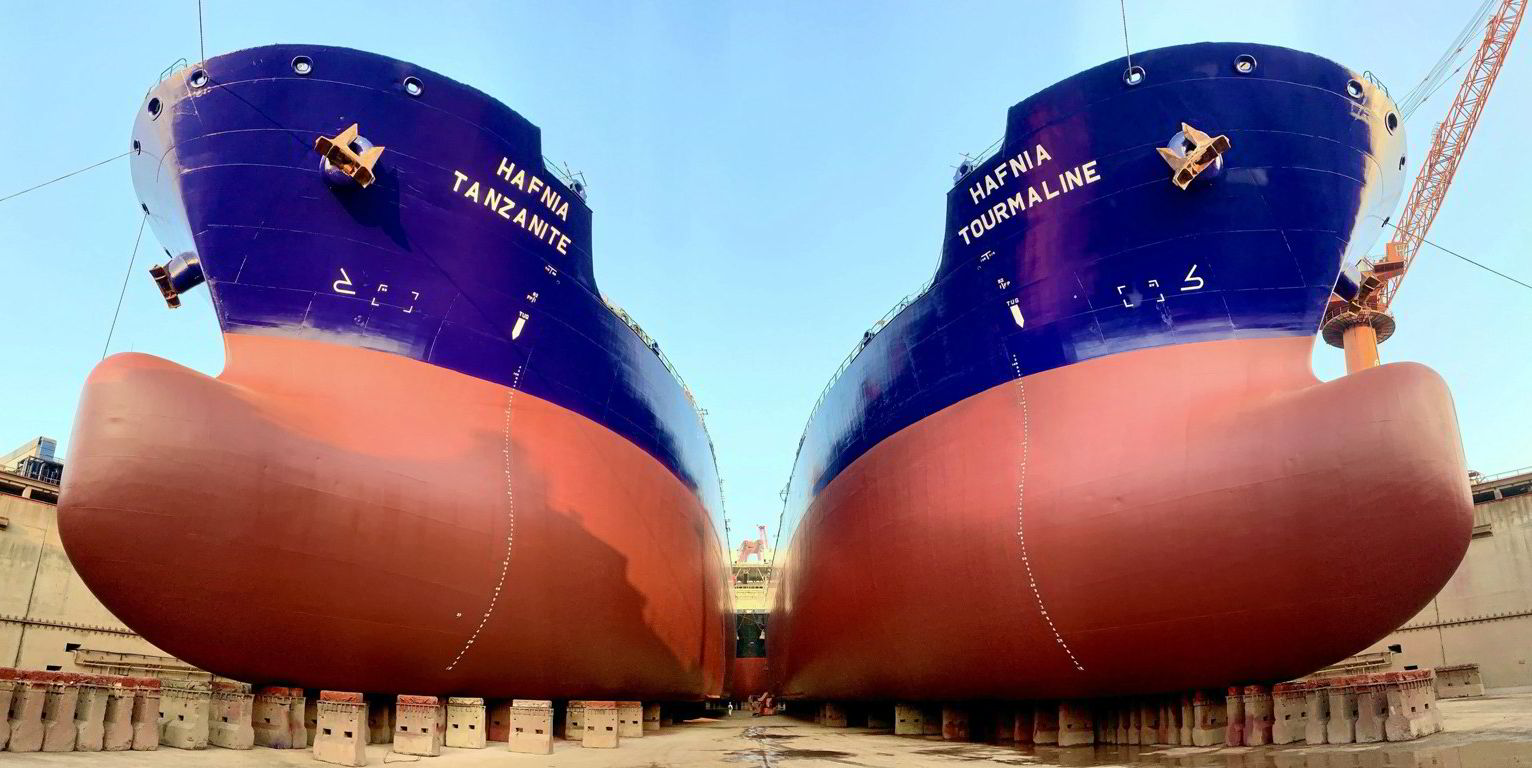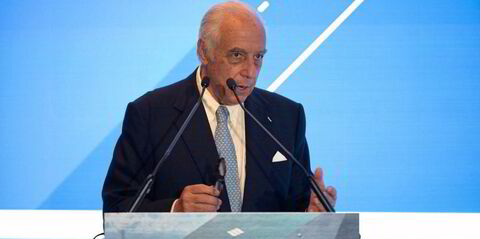Falling oil prices are proving a source of concern for shipowners as Opec+ mulls production cuts, analysts believe.
The Financial Times reported that the exporting group is considering further output reductions ahead of its 26 November meeting.
Clarksons Securities sees cuts as likely due to the Brent crude having fallen close to $80 per barrel, down 13% in a month.
The investment bank said that Saudi Arabia’s voluntary reduction of 1m barrel per day, which began in July, was supposed to end this year but now appears likely to be extended.
Norwegian shipbroker Fearnleys argues another cut is not strictly necessary.
The Oslo shop does not believe a reduction would be the best policy, as higher prices should not be the cure for disappointing demand numbers.
Clarksons Securities said its base case for non-eco VLCCs averaging $84,000 per day in 2024 does not assume Saudi Arabia restores its production cut at the beginning of the year, but rather towards the end of the second quarter.
“However, the recent significant drop in oil prices, possibly caused by weakening demand, raises the possibility that these production cuts will continue through 2024,” analysts led by Frode Morkedal said.
And Saudi Arabia and Russia may persuade the entire Opec+ group to further reduce oil supply, they believe.
If the Saudi cut is not restored until the third quarter of next year, Clarksons Securities’ non-eco VLCC forecast would need to be reduced from $84,000 to $76,000 per day.
“Potentially deeper cuts from Opec+ could have a further impact on tanker rates in the coming year. The outcome of the upcoming meeting will provide more clarity, with oil price movements likely to influence stock prices in the short term,” the analysts added.
Rising rates
The speculation comes against a background of rising VLCC spot rates.
Clarksons assesses earnings have risen 13% on average to $72,000 per day for modern vessels.
When scrubber premiums are factored in, average daily earnings approach $79,000, the investment bank said.
“This rise is primarily due to an increase in tonne-miles from strong Atlantic shipments to the Far East, which is influenced by WTI and Brent being less expensive than Middle Eastern crude grades,” the analysts said.




